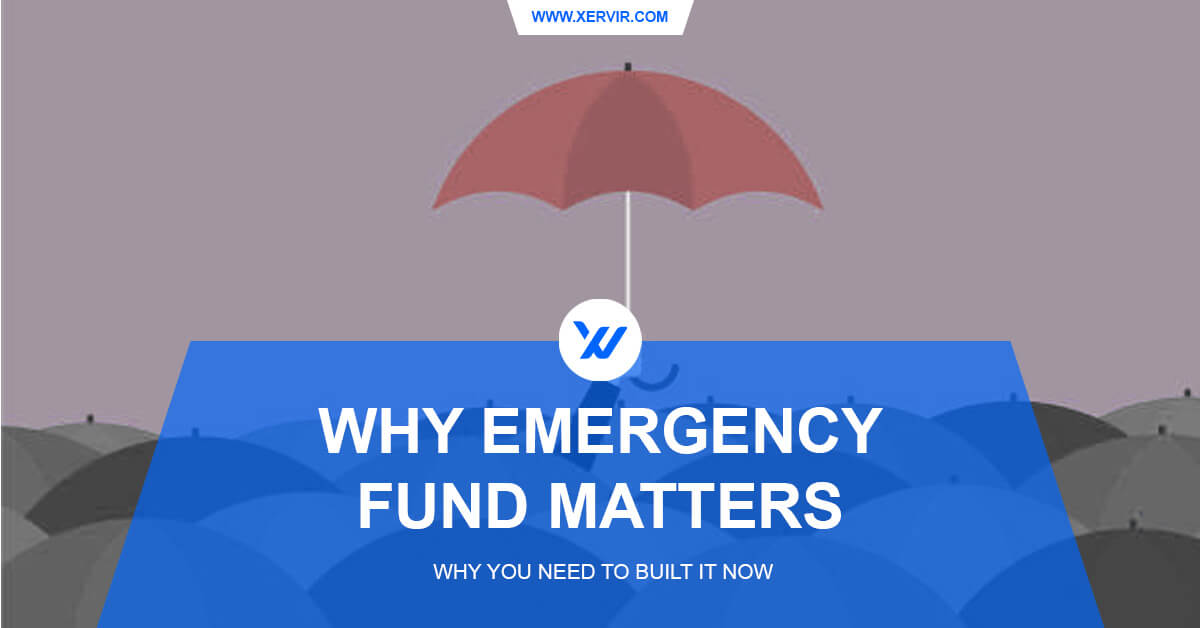What is an Emergency Fund?
An Emergency Fund is money set aside only for emergencies—unexpected situations that can cause financial stress. It’s your safety net when life doesn’t go according to plan. Examples of emergencies include:
- Suddenly losing your job
- A family member getting seriously ill
- The sudden death of a loved one
- Accidents or major damage to your home, car, or belongings
- Any other surprise expenses that require urgent money
Why Is an Emergency Fund Important?
- Peace of Mind
Life is unpredictable. Knowing you have money saved for emergencies lets you sleep better at night. You don’t have to panic when something goes wrong. - Avoid Debt
Without an emergency fund, people often rely on credit cards or loans during tough times—leading to interest and more stress. Your emergency fund helps you stay out of debt. - Job Loss Protection
If you suddenly lose your job, your emergency fund can cover your basic needs like food, rent, and bills while you look for a new one. - Health and Medical Expenses
Not all medical expenses are covered by insurance. Your emergency fund can help you pay for treatments, medicine, or hospital bills without delay. - Crisis Doesn’t Become a Disaster
A broken car or a leaky roof might be just a problem—but without money, it can become a disaster. Emergency funds let you fix problems fast. - Helps You Stay on Track With Other Goals
If you don’t have an emergency fund, you might end up pulling money from your savings for travel, a house, or business. With an emergency fund, your other goals stay untouched.
8 Tips to Help You Build Your Emergency Fund Faster
- Open a Separate Savings Account
Name it your “NO-TOUCH ZONE”. This is your emergency-only account. Don’t use it for daily spending. - Treat Savings Like a Bill
Set up automatic transfers every payday. This way, you save without thinking—and you only see what’s left to spend. - Move ₱10,000+ to Better Investments
Once your savings reach ₱10,000 or more, transfer it to a Fixed Income investment for better growth. Avoid Time Deposits, as they’re harder to withdraw quickly when needed. - Save Your Bonuses
Got a year-end bonus? Drop it straight into your emergency fund. That one-time boost can make a big difference. - Use It Only for Real Emergencies
Be strict. Emergency means serious, urgent, and unavoidable. If it’s not that—it’s not an emergency. - Mall Sales Are NOT Emergencies
A 50% discount doesn’t mean you’re saving money. If it’s not a need, skip it. - Set Boundaries With Family Requests
If relatives ask for help, don’t dip into your emergency fund. If you want to help, build a separate “family help fund.” This isn’t selfish—it’s smart. - Surround Yourself With Financially Smart People
Be with those who support your goals. Learn from people who save, invest, and think long-term.
An emergency fund isn’t just money—it’s freedom, protection, and peace of mind. Start small, stay consistent, and build your safety net. Your future self will thank you.

